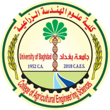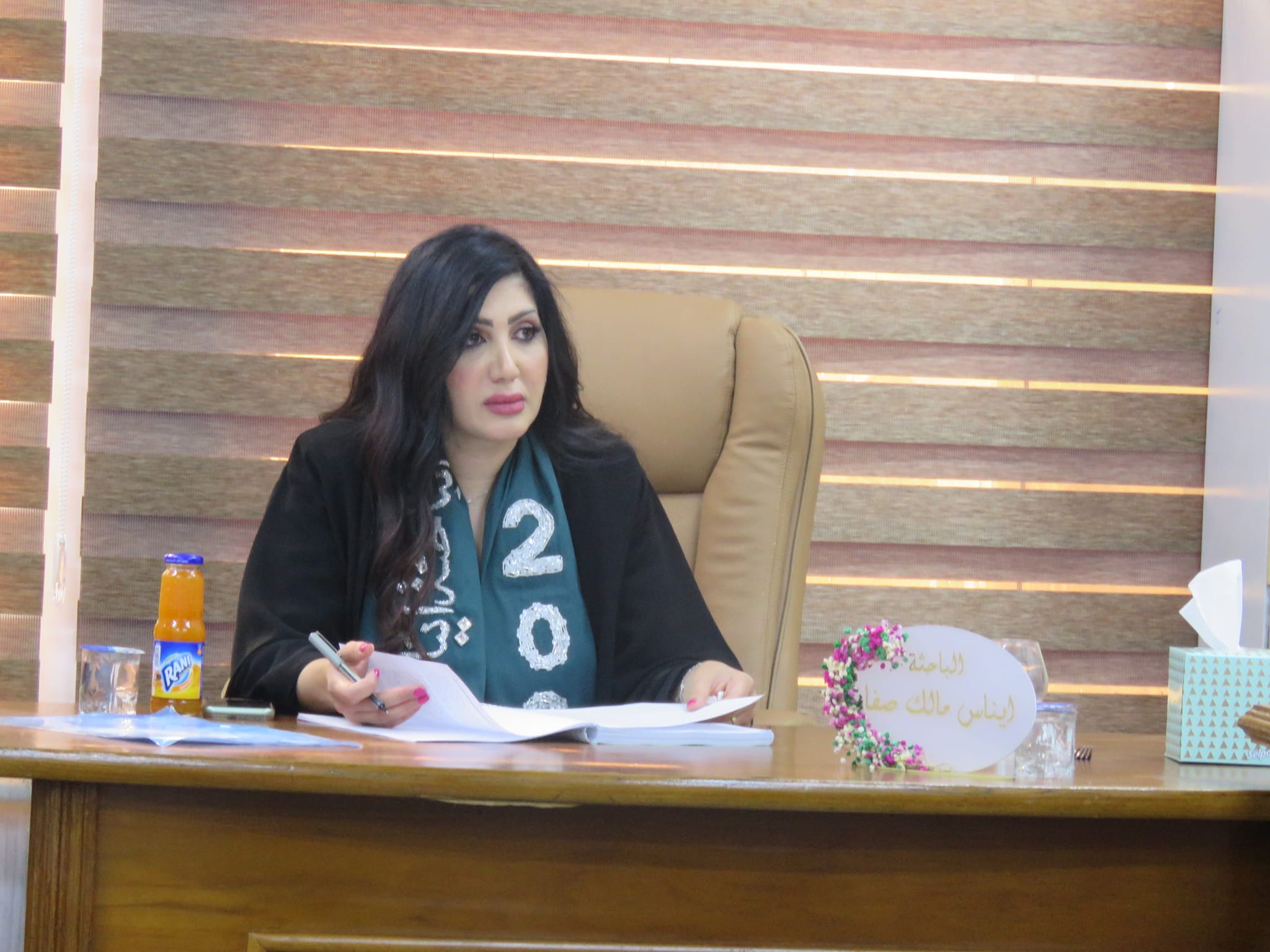A Master’s thesis entitled “The Response of Peppermint to Spraying with Nano-Amino Acids and Urea and Yeast and Its Effect on Growth and Essential Oil Yield under Different Environmental Conditions” was discussed at the College of Agricultural Engineering Sciences (University of Baghdad) by the student Inas Malik Safaa from the Department of Horticulture and Landscape Gardening.
The study aimed to determine the optimal environmental conditions in terms of lighting under a greenhouse cover (50% shade) or in an open field environment (100% shade) in the central region of the country. It also aimed to reduce the amount of nitrogenous soil fertilizer by half while treating the plant with nano-foliar fertilization and urea and yeast extracts. This study aimed to contribute to reducing environmental pollution by reducing the use of chemical nitrogenous soil fertilizer and compensating for it with very limited foliar spraying.
The researcher recommended cultivating peppermint under open field conditions in the central region of the country and testing plant growth and yield under different light conditions and in other areas of the country. This should be done based on the results of this study and by using foliar spraying with urea and nano-fertilizers or yeast to achieve higher leaf and essential oil yields. The study also involves experimenting with higher concentrations of urea and nano-fertilizers and studying their effects on vegetative characteristics, leaf yield, essential oil, and its components, as well as testing the plant’s performance when sprayed with other nano-major and minor elements.
Congratulations to the student on this achievement.



